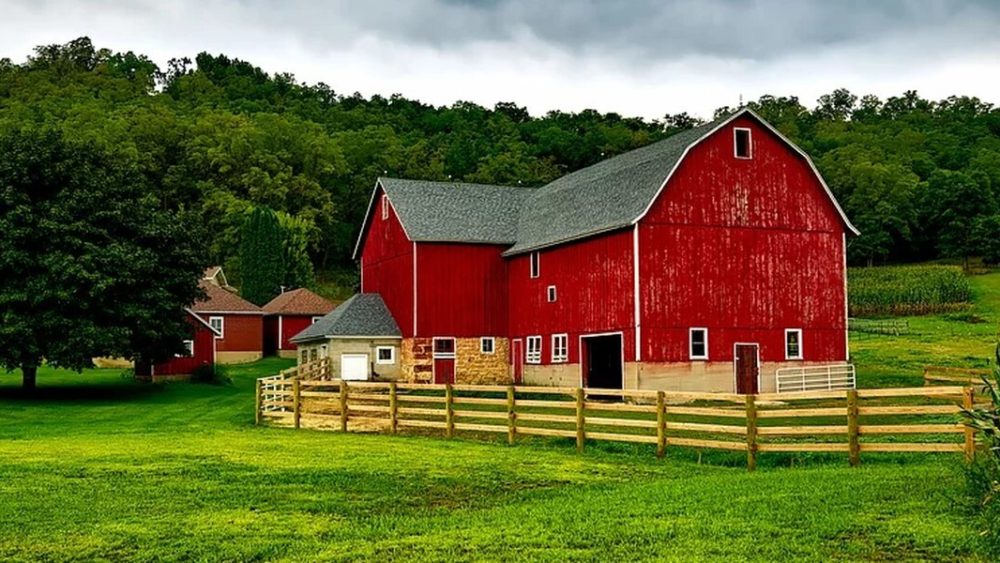By Sarah Vogelsong |
In Pittsylvania County, in the heart of Southside tobacco country, farmer Robert Mills’ greenhouse is full of seedlings ready to be transplanted.
Mills, however, is uncertain about whether he should put them into the ground.
“We have to make a commitment as to whether we’re going to plant any of these crops,” he said. But “we have not gotten any confirmation for sure that we’re going to be able to get our migrant workers. That puts us in a real tough situation.”
With the planting season fast approaching, Virginia farmers, still smarting from the bruising effects of the U.S.-China trade war, are facing an extra dose of uncertainty as the state government closes down most daily business in response to the spread of COVID-19, the disease caused by a new strain of coronavirus that as of Tuesday had led to seven deaths and 45 hospitalizations in the commonwealth.
Like the rest of Wall Street, agricultural markets have tanked, driving down prices for soybeans and corn, dairy and hogs — and especially cattle, the latter decline so stark that Mills, whose herd numbers more than 300 head, described it as “a bloodbath.”
Some of those commodities have shown signs of rebounding: Wheat is slowly climbing back up, as are cattle futures, the price a buyer agrees to pay per pound of a cow at a specified delivery date. In both Harrisonburg and Winchester, auction managers reported welcome increases in sales prices this week compared to last.
“It’s showing some signs that it might be changing. For a few weeks in there it was devastation to the cattle business,” said Jim Chambers, yard manager for Rockingham Livestock Sales in Harrisonburg. Now, “the first thing the stores are selling out of its meat. … It’s going off the shelves almost as fast as toilet paper.”
But despite that encouragement, farmers statewide remain nervous.
“I have a feeling commodity prices are going to stay pretty low given what we’ve seen in the market, so we’re going to have to hope for pretty high yields,” said Kyle Shreve, executive director of the Virginia Agribusiness Council.
Whether high yields will be possible, though, depends on two key factors. The first, which is troubling larger commercial farmers like Mills, is the availability of labor as countries aggressively limit travel to curb COVID-19’s spread. The second, which affects farmers of all sizes, is the potential for supply chain disruptions that could derail agricultural production and processing.
Article Source: nbc12.com/2020/03/25/groceries-fly-off-shelves-farmers-worry-about-next-seasons-crop/



